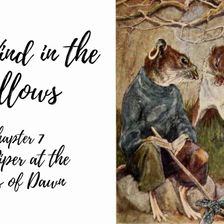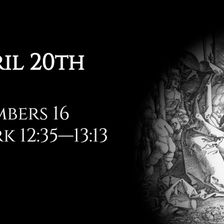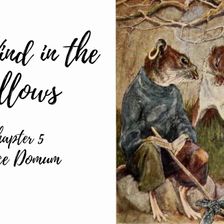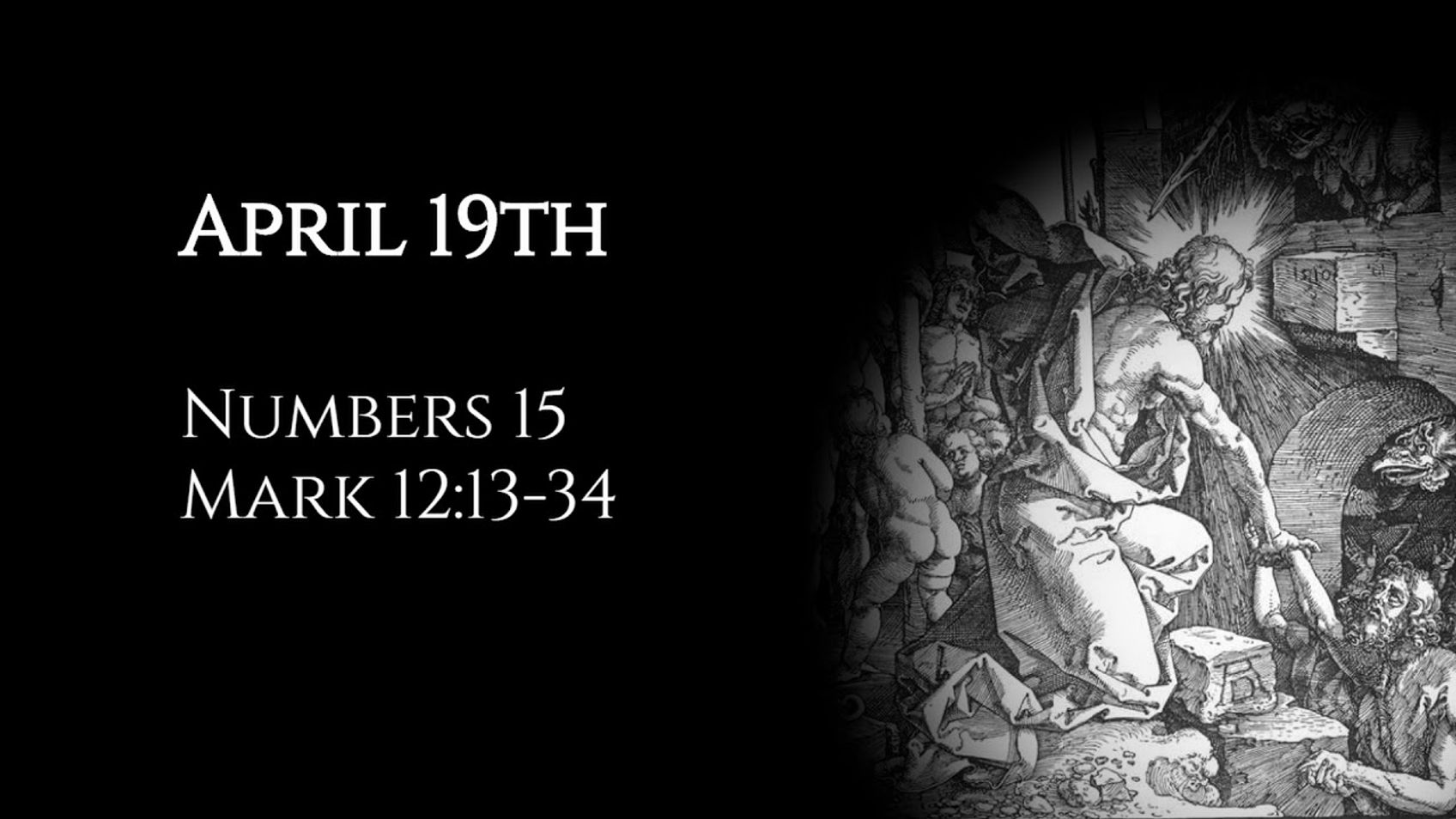April 19th: Numbers 15 & Mark 12:13-34

Laws concerning sacrifices and the tassels. Jesus challenged by opponents in the temple.
Some passages referenced:
Leviticus 2 (laws of cereal offerings); Numbers 5:11-31 (the test of jealousy); Philippians 2:17, 2 Timothy 4:6 (the Apostle Paul as a drink offering); Romans 11:16 (the firstfruits of the dough); Leviticus 24:10-16 (the stoning of the blasphemer); Exodus 35:1-3 (the law of fire on the Sabbath); Numbers 13:18 (‘and see what the land is’); Numbers 14:32-33 (the Israelites’ whoredom); Exodus 28:28-29, 36-38 (blue thread in the priestly garments); Numbers 4:5-12 (blue coverings for the holy furniture).
Deuteronomy 25:5-10 (law concerning levirate marriage); Deuteronomy 6:4-5, Leviticus 19:18 (love God and neighbour).
Reflections upon the readings from the ACNA Book of Common Prayer (http://bcp2019.anglicanchurch.net/).
If you have enjoyed my output, please tell your friends. If you are interested in supporting my videos and podcasts and my research more generally, please consider supporting my work on Patreon (https://www.patreon.com/zugzwanged), using my PayPal account (https://bit.ly/2RLaUcB), or by buying books for my research on Amazon (https://www.amazon.co.uk/hz/wishlist/ls/36WVSWCK4X33O?ref_=wl_share).
The audio of all of my videos is available on my Soundcloud account: https://soundcloud.com/alastairadversaria. You can also listen to the audio of these episodes on iTunes: https://itunes.apple.com/gb/podcast/alastairs-adversaria/id1416351035?mt=2.
More From Alastair Roberts






More on OpenTheo















